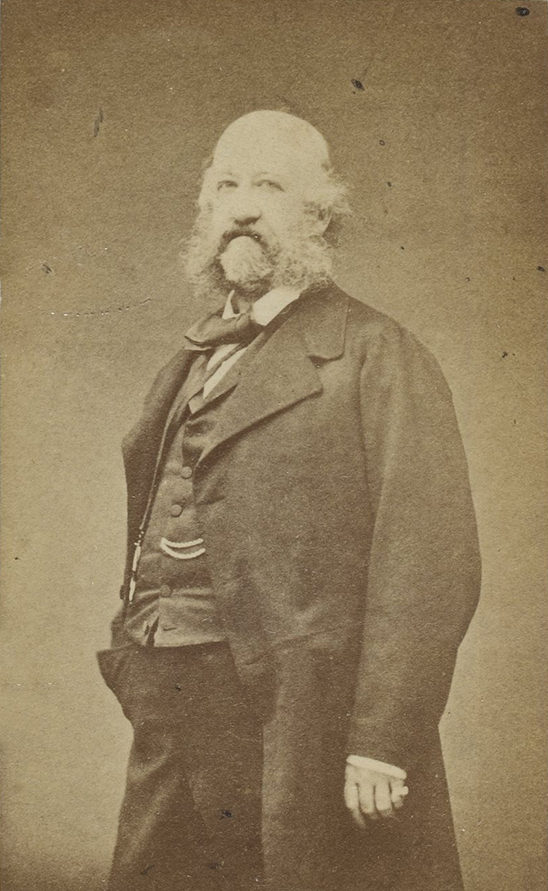Eugène Huet de Froberville (1815-1904), a wealthy annuitant well-versed in the arts and sciences, came from an aristocratic Franco – Mauritian family.
In the 1840s, he embarked on a wide-ranging ethnological study of “the languages and races of East Africa, south of the Equator”. His study was based on interviews with former African captives, transported to the Mascarene islands through the illegal slave trade.
In November 1845, during his short stay on Bourbon island, Froberville came into contact with some 200 ‘Mozambiques’, from whom he gathered vocabulary of East African languages, as well as narratives bearing witness to the violence of the system of slavery that reigned on this colonial plantation island. Himself born in a family of slave owners in Mauritius, during his stay on Bourbon, Eugène Huet de Froberville apparently became convinced of the necessity of abolishing slavery in the French colonies.
Huet de Froberville’s family had set up close links with families of French settlers from Mauritius island (which became British in 1810) who had settled on Bourbon in the 1820s, such as the Lory and the de Tourris families, on whose estates Eugène de Froberville and his wife stayed in Saint-Denis, Sainte-Marie and Sainte-Suzanne.

From the slaves of his estate-owning hosts, Froberville gathered vocabulary of East African languages, which he recorded in notebooks. Eugène de Froberville’s notebooks, manuscript documents, correspondence and drawings, for a long time conserved in the Froberville private archives (in France), are a precious source for reconstructing his study on Bourbon and giving a voice to enslaved Africans.
Among the ‘Mozambiques’ questioned by Froberville on Bourbon, it has been possible to identify four men and one woman, tracing their names, origins, languages and cultural practices, as well as part of their life story. Deported to Bourbon around the 1820s – 1830s from what is now Mozambique, they are among the last captives of the slave trade to have been taken to this French colony in the Indian Ocean. In the context of slavery, their retaining their languages, original names and cultural practices from East Africa, stand outs as forms of resistance by these survivors of forced maritime transport.
____________________________________________________________________________
Klara Boyer-Rossol is a historian and curator. In 2005, her doctoral thesis on the ‘Makoa’ in the west of Madagascar (University of Paris 7) received the thesis award of the (French) National Committee for the Memory and History of Slavery (CNMHE). As a research member of the International Centre for Research on Slavery, and Post-Slavery (CIRESC), she is currently holder of an international grant (2024-2025) at the Bonn Centre for Dependency and Slavery Studies (BCDSS) at the university of Bonn.